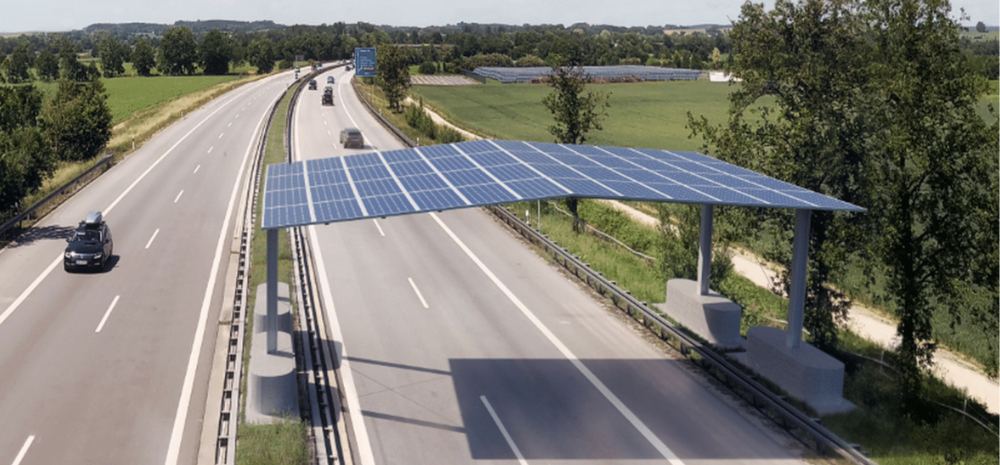In an innovative approach to renewable energy, a research team has proposed covering the world’s highways with solar roofs, potentially generating a staggering 17,578 TWh of electricity per year. This amount is more than 60% of the global electricity consumption recorded in 2023. Their study, titled “Roofing Highways With Solar Panels Substantially Reduces Carbon Emissions and Traffic Losses,” explores the feasibility and benefits of installing solar panels above highways and major roads worldwide.

The Numbers: Potential Impact and Benefits
With more than 3.2 million kilometers of highways globally, the researchers calculated the immense potential of constructing a solar panel network using polycrystalline panels with a 250 W capacity. The analysis revealed that such an initiative could produce more than four times the annual energy output of the United States. Moreover, it could offset 28.78% of current CO2 emissions, offering a significant boost to global efforts to combat climate change.
Another surprising benefit identified in the study is the potential to reduce global traffic fatalities by 10.8%. This reduction is attributed to the shading effect of the solar panels, which could mitigate issues such as driver fatigue and glare from direct sunlight, enhancing road safety.
Key Regions for Deployment
The researchers identified specific regions where the deployment of solar roofs on highways would be most effective. Eastern China, Western Europe, and the US East Coast emerged as the top candidates due to their high energy demands and the density of their highway networks. However, the study also highlighted challenges, particularly related to setup and maintenance costs, which would need to be addressed through careful planning and pilot programs.
Future Prospects and Challenges
Lead author Ling Yao, a remote sensing scientist at the Chinese Academy of Sciences, expressed surprise at the findings, noting the enormous potential of highways to support large-scale photovoltaic installations. Yao emphasized the need for pilot programs to demonstrate the practicality of this concept, particularly in regions identified as ideal for deployment.
The research team, comprising experts from the Chinese Academy of Sciences, Tsinghua University, Chinese Academy of Geosciences, and Columbia University, underscores the importance of innovative solutions in the fight against climate change. While challenges remain, the concept of solar highways presents a promising avenue for sustainable energy generation and environmental protection.
By exploring the untapped potential of highway infrastructure, this study opens the door to new possibilities in the global transition to renewable energy, highlighting the role of creative thinking in addressing some of the world’s most pressing challenges.











